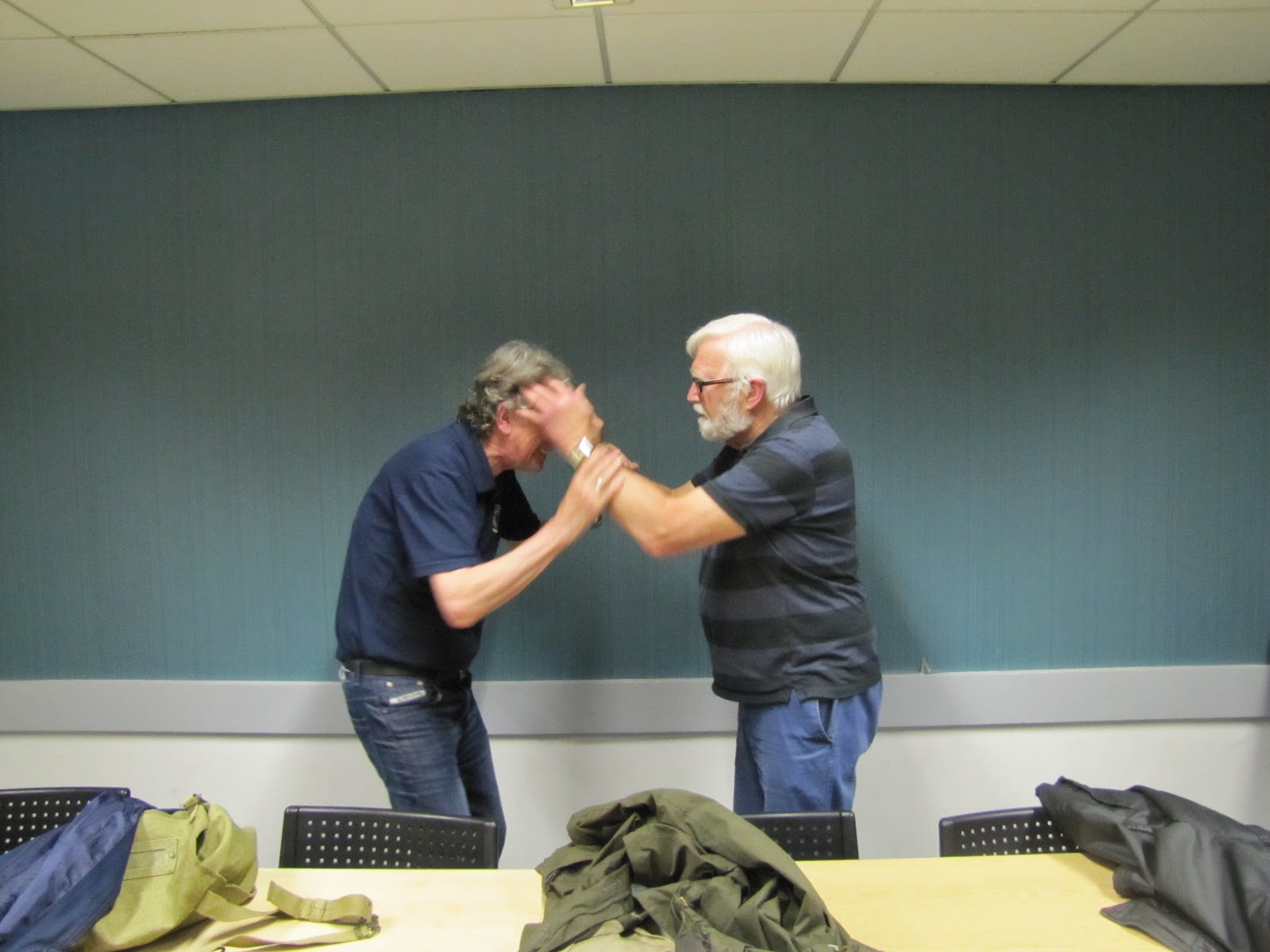I must admit, there was a moment - after we had casted the play - in
which I suddenly felt very apprehensive. Apprehensive, as I realised that I was
now in charge of the execution of a new piece of theatre: trying to get inside
the mind of writer Tom Straszewski, and directing two actors with far more
experience of theatre than me. Being a music student who has directed only one
play (Nöel Coward’s ‘Hay Fever’ - a far cry from Tom’s atmospheric
psychological thriller-meets-ghost story), what right did I have to be doing
any of this?
Perhaps none at all, but here I am. And, as it turns out, my musical
background is not as useless here as one might think. I have always felt that
dramatic writing - or rather, good
dramatic writing - demands a lot of the same qualities as a piece of music. A
strong sense of rhythm is required: rhythm that builds, breaks, re-forms;
pauses, rests, and beats; dynamic variation: crescendos and diminuendos.
Luckily, Tom’s script for ‘S.O.S.’ has all the above in abundance, and our two
actors - Richard Easterbrook and Ian Giles - show a flair for interpreting the
lines as such. The fact that their vocal qualities stand in stark contrast to
each other - Ian’s insistent staccato against Richard’s bassy growl - is an
added bonus.
In addition to all of this, it is perhaps something of a blessing
for me that the main motif of the piece is an aural one. I am referring to the
use of morse code, which permeates and even affects the action throughout,
tapping away like someone constantly knocking at a door. This serves to help
create the dark, foreboding atmosphere of ‘S.O.S.’, as Henry, our
anti-protagonist, comes face-to-face with Spargo, a mysterious figure from his
past. The events gradually become stranger until we reach the play’s eerie,
quasi-supernatural climax.
‘Quasi-’ is perhaps the important part of that sentence; this is no
straightforward run-of-the-mill ghost story, blending with it thriller and
mystery, whilst also tackling questions surrounding communication (and
miscommunication) in contemporary society. So far we have found that discussion
is as an essential part of the process as actual ‘rehearsal’, which highlights
the strength of the writing. Want to know what we’ve been talking about? The
only way is to come and found out for yourself.
Tickets
for The Envelope Project are on sale and can be purchased by
calling 01904 613000 or visiting www.ridinglights.org/envelope
